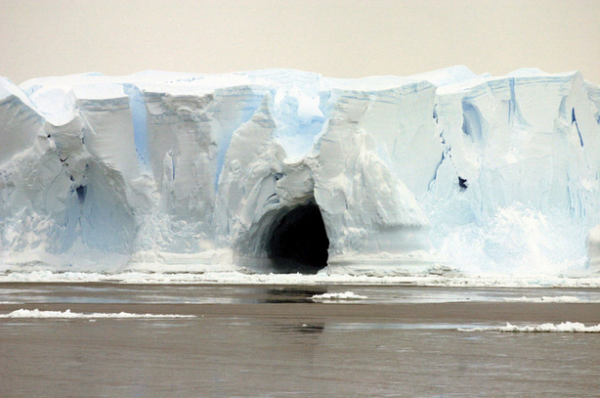By Jayson Boral, | February 13, 2016

A new study looks at what can happen to our planet Earth if hit by a medium-sized asteroid.
A new study looks at what can happen to our planet Earth if hit by a medium-sized asteroid.
It may sound dreadful to have a meteor impact on the surface of the Earth, which will certainly affect life on this planet. One may have seen countless movies featuring an event when an asteroid hits the Earth. A huge asteroid could eventually end life on this planet leaving it empty with no life.
Like Us on Facebook
Scientist Charles Bardeen and his team simulated what would happen to the environmental conditions on Earth if it is hit by an asteroid about a kilometer or 0.6-miles wide. If the asteroid hits land, it would likely create a hollow crater about nine-miles wide and emit enormous amounts of dust into the region. The impact will generate heat, triggering large-scale fires to include ash and soot in the air. If fires exist, the asteroid impact could happen on a desert area with little or no vegetation.
According to the worst case scenarios of the study, all materials thrown into the atmosphere would stay in great heights for about six years in the case of dust, and about ten years for soot resulting fires. The particles at its height in the atmosphere will steam up in the sun, and importantly steam up the stratosphere. Such heating will result to speeding of chemical reactions to destruct the ozone layer minimizing atmospheric ozone to 55 percent.
The decrease will enhance surface UV index to about 20 in tropical regions for many, many years, a UV index of 11 or more imposes extreme danger to humans who stay in the sun without protection. The stratosphere will definitely warm, the soot and dust in the air will minimize the sunlight that hits the Earth's surface by 70 percent for the first couple of years after asteroid impact. Global surface temperatures will cool to 14.5F enhancing sea ice and subsequently have minimal precipitation and lessen plant productivity. This means minimal food for all living creatures in this world.
-
Use of Coronavirus Pandemic Drones Raises Privacy Concerns: Drones Spread Fear, Local Officials Say

-
Coronavirus Hampers The Delivery Of Lockheed Martin F-35 Stealth Fighters For 2020

-
Instagram Speeds Up Plans to Add Account Memorialization Feature Due to COVID-19 Deaths

-
NASA: Perseverance Plans to Bring 'Mars Rock' to Earth in 2031

-
600 Dead And 3,000 In The Hospital as Iranians Believed Drinking High-Concentrations of Alcohol Can Cure The Coronavirus

-
600 Dead And 3,000 In The Hospital as Iranians Believed Drinking High-Concentrations of Alcohol Can Cure The Coronavirus

-
COVID-19: Doctors, Nurses Use Virtual Reality to Learn New Skills in Treating Coronavirus Patients











